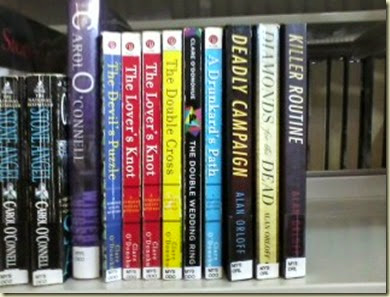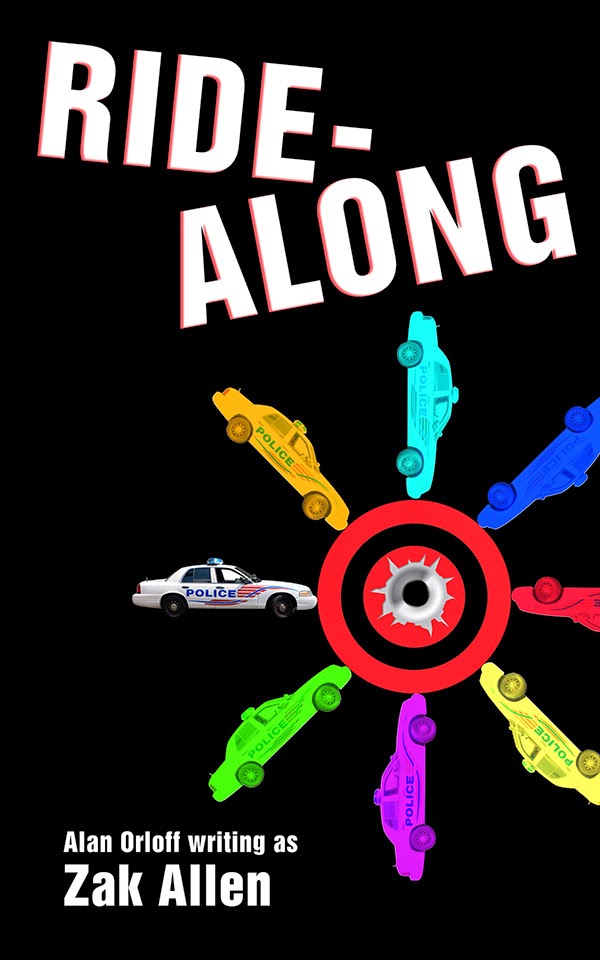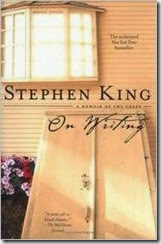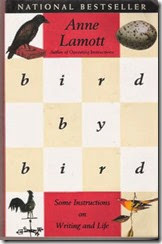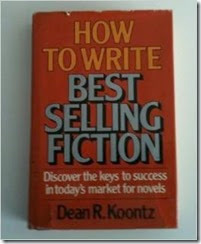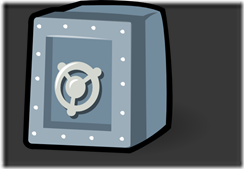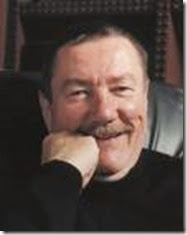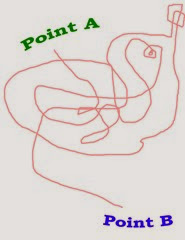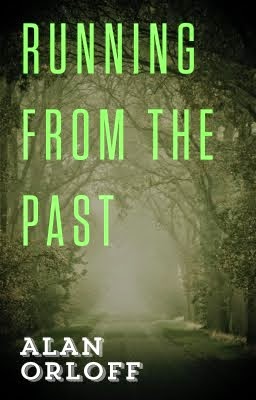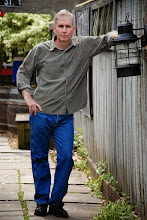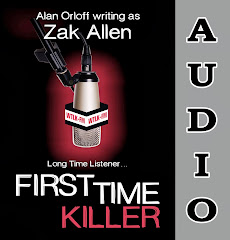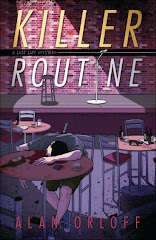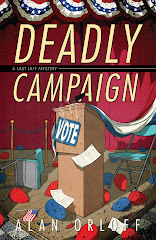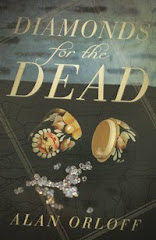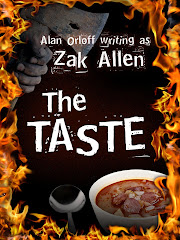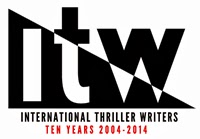As we know, there are many different sub genres for crime novels, from cozy and amateur sleuth through to police procedurals and noir. How would you characterize the kind of mystery you like to write and why did you chose this sub genre?
When people ask me what I write, I usually say novels. When pressed further, I’ll often say I’m a mystery writer. I find that it’s a whole lot easier than offering some intricate, convoluted explanation about the characteristics of various sub-genres and where I feel my work falls within those amorphous boundaries. After all,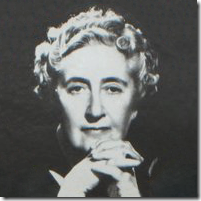 most people know what a mystery is—they’ve read them or seen mysteries on television. They’ve heard of Agatha Christie, even though they may never have read any of her work.
most people know what a mystery is—they’ve read them or seen mysteries on television. They’ve heard of Agatha Christie, even though they may never have read any of her work.
Which is fine with me. I certainly don’t mind being known as a mystery writer (I’ve been called worse things).
The truth is, I try not to pay much attention to genres, sub or otherwise. As a kid, when I’d go to the library, I wasn’t looking for any specific type of book. I was simply looking for a good book. A compelling, captivating, page-turner with great characters and a memorable plot. I know, not much to ask for, right?
It was only when I started writing, and then querying agents, that I found I had to place my work into a specific cubbyhole. The book will have to go on a bookseller’s shelf, I was told, and they need to know which shelf it will be. The publisher will need to market the book, I was told, and the marketing types need to know which readers to target. Certain reviewers will need to be contacted, certain conferences attended, certain awards aimed for, I was told, and all of that is genre-dependent.
I never set out to write a mystery; I was just trying to write a good book.
Ideas pop into my head and I run with them, not paying too much attention to the shelves they may eventually sit upon. Now, it so happens that my brain feels most at home wallowing in the word of crime (draw your own conclusions). I guess it’s not surprising, then, that most of my ideas revolve around bad (and illegal) things happening to my beleaguered protagonists.
However, I haven’t written exclusively in the crime realm. I wrote a horror novel (bad things happened to my protagonist in that one, too). And I wrote a YA coming-of-age novel. But pretty much everything else I’ve written could be classified as a crime novel.
So I guess, technically, I’m a crime writer. But if you ask me what kind of crime writer I am, I’ll probably just shrug and start mumbling something about simply trying to write a good book.
********
If you haven’t had a chance to read the excerpt from my novel in the Kindle Scout program, there’s still time! Check out RUNNING FROM THE PAST here. If you like it, I’d love a nomination! Thanks!
(This entry is “simul-posted” on Criminal Minds.)

